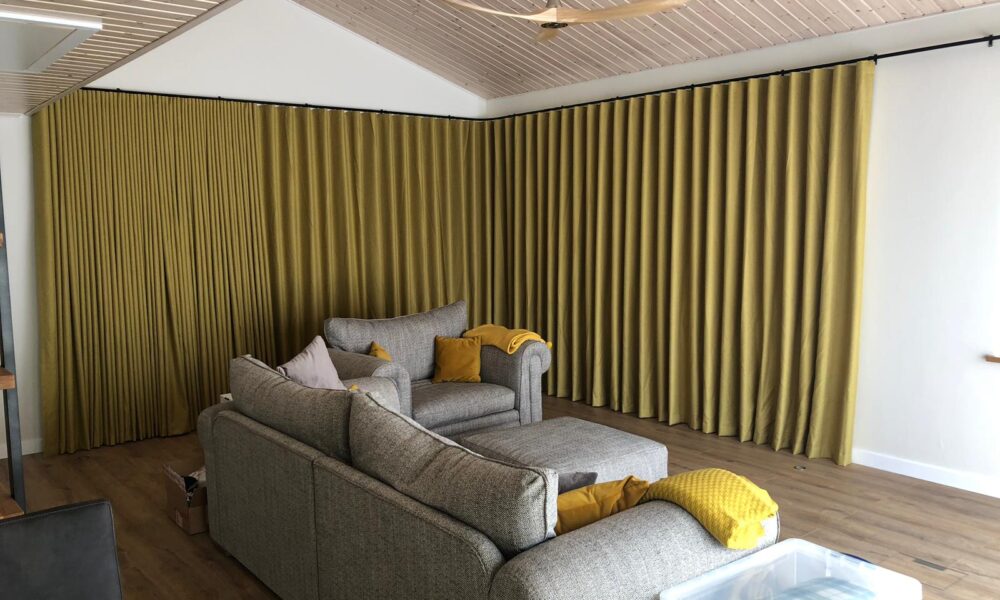Venetian blinds are window coverings that consist of horizontal slats and vertical cords. The slats can be made from a variety of materials, but the most common is wood.
The term Venetian Blinds was coined in 1883 when the Venetian blind company started manufacturing them. The company’s founder, Joseph Pindar, was born in Birmingham and had trained as a cabinet maker before moving to London.
Venetian blinds are a timeless classic when it comes to window treatments. They offer great flexibility in both style and light control, making them a popular choice for home and office windows alike. In this blog post, we’ll provide all the information you need to know about Venetian blinds, from the different types available to the benefits of installing them in your space. Whether you’re looking for an aesthetically pleasing window treatment or simply want to control the light in your room, Venetian blinds have you covered!
The Many Benefits of Venetian Blinds
Venetian Blinds are a form of window coverings that can be used to block out light and offer privacy. They come in many different styles and colors, which can be customized to fit any home.
Venetian blinds are often considered an elegant way to cover windows, as they provide privacy while still allowing natural light into the room.
The benefits of Venetian Blinds are numerous: they are stylish, versatile, and easy to use.
Venetian Blinds are a type of window coverings that can be raised or lowered with a cord. They are usually made of slats of vertical fabric and have a frame.
Venetian Blinds offer many benefits: they provide privacy and block the view from outside, they help to regulate the temperature in a room, they are easy to use, and they can be customized to any size.
Disadvantages of Venetian Blinds
The disadvantages of Venetian Blinds include the following:
– They don’t provide much privacy. The fabric is usually thin and it doesn’t block out light very well.
– They’re not energy efficient. The slats can allow heat to escape through the top and bottom of the blinds, which causes your home to lose heat more quickly in winter and cool air in summer.
– They can be difficult to clean since they have so many slats and cords, which makes them more susceptible to dust buildup than other types of window coverings like curtains or shutters.
Venetian Blinds are a type of window covering that is made up of slats that can be adjusted to let in light and keep out the sun. They are often used in the bedroom.
The most notable disadvantage of Venetian Blinds is they are not as energy efficient as other types of curtains or drapes. This is because they are not able to block out all sunlight, which means it will heat up inside your home.
Another disadvantage of Venetian Blinds is that they can be expensive to purchase and install, depending on the size and style you want for your window.




